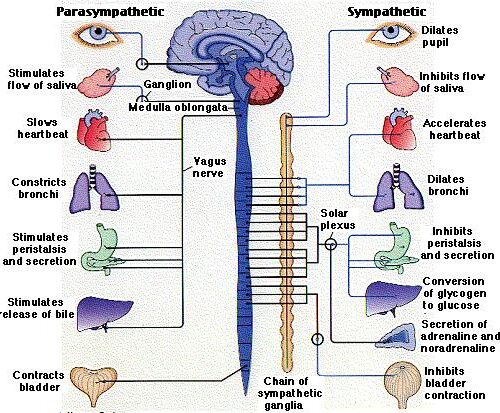POST #3: Reflection on the Masters Tournament May, 2016
In a recently published comment Jordan’s caddie Michael Greller spoke proudly of Spieth’s character and humility through his victories and well as his losses. During the Masters this year, Spieth’s performance beginning at the 10th hole took an unfortunate turn. Apparently, Jordan modified his thought process by suggesting that all he had to do was shoot par to win this Masters. At the time Jordan had a commanding five shot lead, and as often the case, it is tempting for the player to attend to his score, but unfortunately it violates the very important understanding of how players otherwise optimize their performances by focusing on the process as opposed to an outcome. When you think of score, it invites the change in mindset leading to emotional as well as physiological changes.
Many sports psychologists, swing coaches, commentators believe that a player is permanently emotionally scarred following such an outcome. However, I strongly disagree. A player can make a choice to excise from his memory such negativity. It requires persistent work and acceptance and sincerely recognizing that golf is a sport that offers opportunities to overcome disappointment as well as enjoy the many rewards of success. The game of golf is fought with inconsistencies. Players have to acknowledge their imperfections, if they can they are able to forge onward, better prepared for the inevitable consequences of golf, and other sports if we are thinking of other types of athletes. Rather than an outcome of this kind being regarded as a lost opportunity, the player can gain new knowledge emotionally and physiologically to continue his pursuit of the lucid process, being sure to remember that is it never the outcome to be focused on, but rather the road travelled.
When a player treats every shot as an independent shot, there is less opportunity for pressure and stress to materialize. There is a freedom within the mind that every athlete within the best of their experiences have engaged, and that is something that we can refer to as the mythical, mystical Zone or the Flow.
POST #2 February, 2016
2) A frequent question asked by patients is: “Is there anything in particular I can do to control the pressure I feel when undertaking a competition, a business decision, artistic performance, etc.?”
Pressure is essentially created by the thought process, which identifies the outcome rather than accepting the immediate moment within the process to achieve the outcome, which has a greater importance. Many if not all athletes have recognized that their performance is enhanced when they focus almost exclusively on the present moment, if you would the “sweet spot in time”, rather than being distracted by a more distant future. Training oneself to stay in the moment or to achieve that which is commonly known as the “zone” requires dedicated effort and a persistence to remain true to the belief. The thought process I refer to activates the sympathetic nervous system, which arouses over-activity of the heart, the muscle, neurochemical events in the brain, to name just a few of its many actions. With proper understanding and training the individual can learn to minimize the impact that the activation of the sympathetic system has on performance. This skill acquisition requires dedicated determination and persistence to optimize. Many individuals experience frustration to the point of abandoning their training program. However through the psychological understanding of the individual and utilization of technology measuring the autonomic nervous system greater success can be established and maintained.
POST #1 January, 2016
1) What are integrated psychological resources, and what can it provide to individuals (i.e. athletes, businessmen, etc.) looking to optimize talent?
Integrated Psychological Resources represent the combination of years of research and application, which is derived from the inclusion of biological understandings (i.e. autonomic nervous system) and how it interacts within the psychological manifestations of human behavior. Within the realm of my 30 years of experience, a question that I have heard from clients is: “What can I do to overcome my fear of competing, succeeding, failing, etc.?” The obvious answer is to remain focused, be patient, engage in the process, and disconnect from the outcome. These are all concepts that many other psychologists and performance coaches have suggested. However, what is truly necessary is to develop, refine, and trust a skill that will give you the relief from the fear, the lack of concentration, the impatience. The science of biopsychology has developed an understanding of the autonomic nervous system, which gives us access to new training opportunities that will provide the appropriate mind body connections to give the individual confidence in his/her skill acquisition to preform at the highest level. The skill that I am referring to is learning how to manage and effectively use what we know is the balance between the sympathetic and parasympathetic nerve systems. This particular training I incorporate in every application when working with the athlete, the performer, the businessman, the surgeon, etc. With the help of modern technology, we are able to garner the feedback information that results from the mind body connection. These interactive techniques derived from over 30 years of experience can give you the optimal result.


